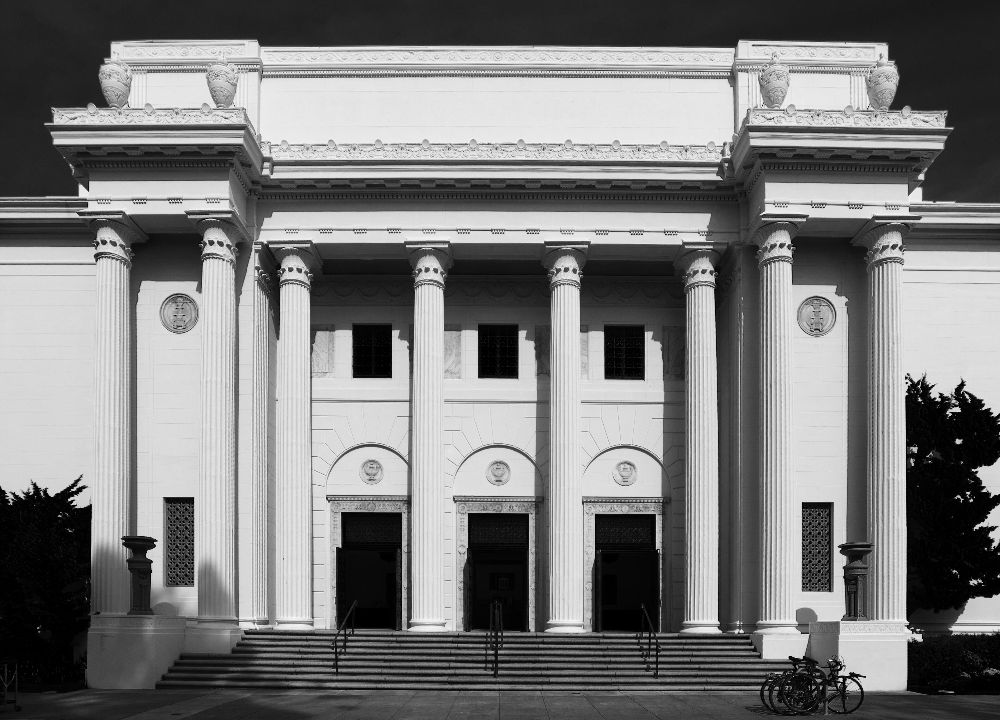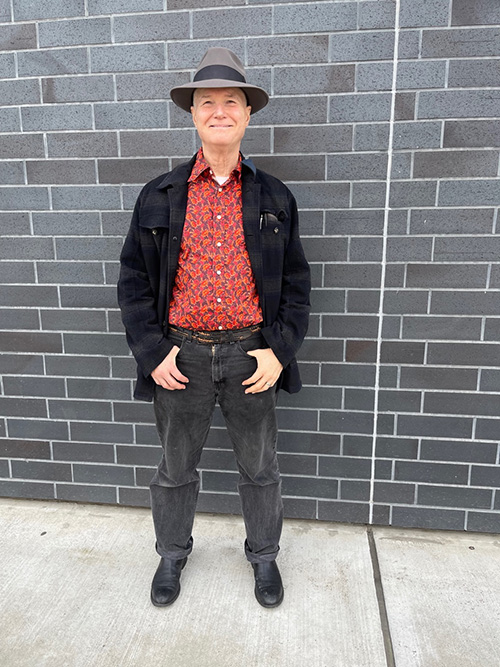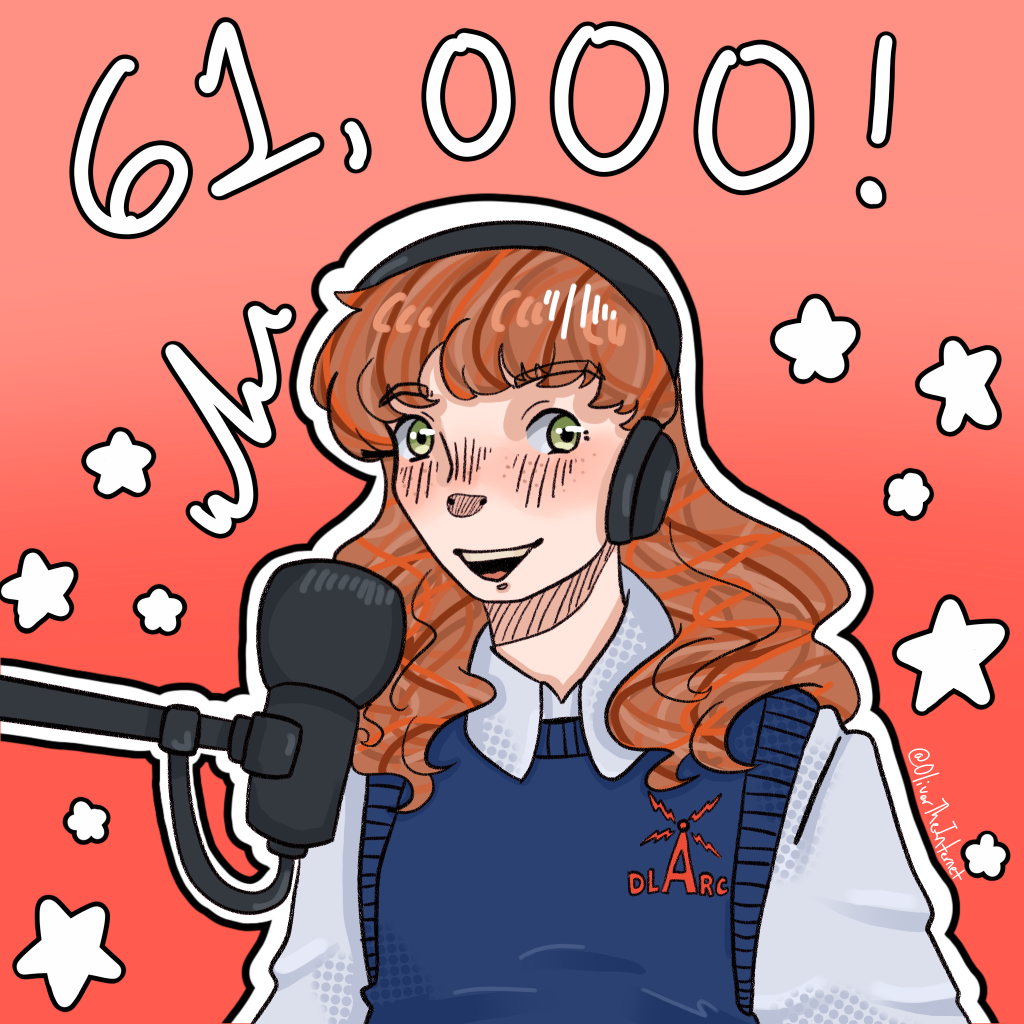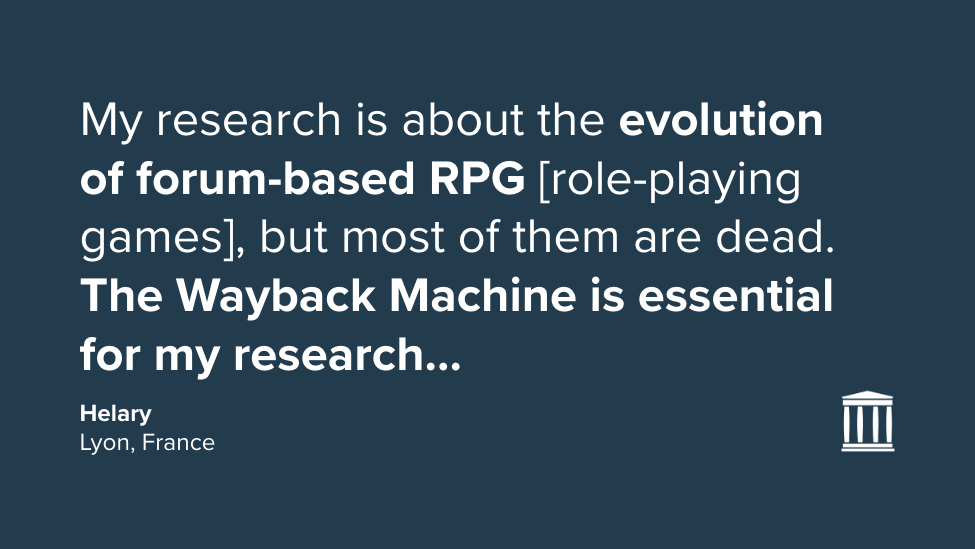Lila Bailey is the senior policy counsel at Internet Archive. Lila spoke at the press conference hosted by Internet Archive ahead of oral argument in Hachette v. Internet Archive.
Statement
I’m Lila Bailey, Senior Policy Counsel for the Internet Archive. Today, the court will hear arguments about whether Copyright Law affirms the rights of libraries to lend the books they own to one reader at a time.
The benefits of libraries to our modern world cannot be overstated. Libraries are an essential component of our democratic and free society. But the rise of social media, and now AI, have resulted in an immediate threat to the public’s pursuit of the truth.
In a vigorous pursuit of truth, the library is our greatest ally.
The Internet Archive’s digital lending program serves this essential purpose. The very purpose of the copyright system: to encourage the intellectual enrichment of the public.
Controlled digital lending represents the latest in a long history of innovations developed by libraries to serve the public’s need for information. In the past, publishers stood against microfilm and photocopiers, crying harm. They said they would be harmed by interlibrary loan. They lobbied for decades against libraries being allowed to provide access for the blind and print disabled. They were wrong. It took years, but eventually the law affirmed each of these things, and the public benefitted.
With this lawsuit, publishers have repeated those same claims of massive harm from controlled digital lending.
But this case has revealed one thing very clearly, after both sides have spent nearly three years, and millions of dollars looking at the actual market and usage data.
There has been no harm. These publishers have not shown the loss of even one dollar.
Even during COVID, when every physical library was closed and the Internet Archive stepped up to provide an Emergency Library.
Contrary to the publishers’ dire predictions there was simply no effect on their market. Not one dollar of harm.
When asked under oath, their own executives admit this. For example, Alison Lazarus, EVP and Director of Group Sales for Hachette, admitted that their theory of harm is only [quote] “speculative.” Another executive, Skip Dye, SVP of Library Sales and Digital Strategy at Penguin Random House, candidly admitted that when it comes to market harm, quote: “I don’t have any evidence.”
Another agreed, stating: “There’s no factual analysis. It’s just one inference one could make.” That was Chantal Restivo-Alessi, Chief Digital Officer of HarperCollins.
Tellingly, the publishers instructed their own 950 dollar per hour expert not to even try to measure economic harm. They didn’t give him any data to measure. When asked under oath whether any potential sales were lost, he responded: “I don’t have empirical evidence of that.”
On the other hand, when we invited economists from Northeastern University and the University of Copenhagen to look at the sales and library lending data produced in this case, they came to a singular conclusion: The Internet Archive’s digital lending had no measurable effect on the market whatsoever.
Never in the history of the United States have libraries needed to obtain special permission or to pay license fees to lend the books they already own. Sure, publishers would profit from the ability to demand such fees, but the law does not give them that right.
We look forward to the court reaffirming the essential role of library lending, now in our digital world.
Thank you.



